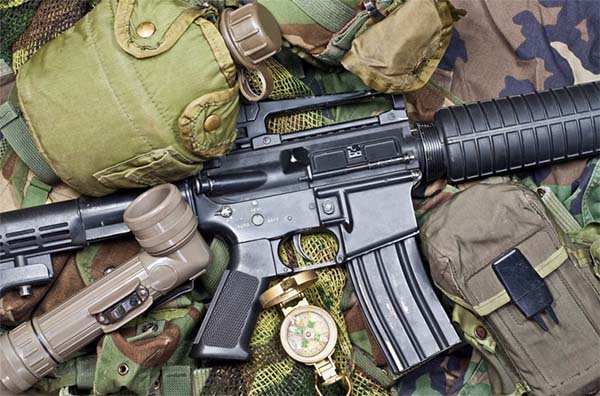Why Humans Cannot Work Alone
We humans find energy and strength in working together. If not for that, we would have been annihilated …
read more
China has to learn to use Influence to peddle its ideas, rather than brute force. You can’t use Power just because you have it. Power works best when it is an ingredient in your Influence.
Soon after George Bush lost his presidency, Oprah Winfrey interviewed Condoleezza Rice, Bush’s Secretary of State, and one of the few people to come out of that Government with her head held high, and dignity intact. In the interview that appeared in O: The Oprah Winfrey Magazine, the question that Oprah asked Ms. Rice was simple and obvious. “America was a much admired and powerful nation after the World War 2. Fifty years on, at least half the world seems to hate us. What happened? Where did we go wrong?”
The US had/has formidable soft power through all possible means: Politics, Literature, Business Acumen, Hollywood and Disneyland-led tourism. A visit to the USA is on the bucket lists of a vast majority of human beings and millions crave to become citizens of America. Yet, the US’ trust deficit with the rest of the world has grown since WMDs were announced but never found, the Gulf War and the subsequent heavy-handed interventions all over West Asia. Despite reasonable attempts by successive presidents, America’s credibility has been on a fast, careening, dangerous downhill plunge.
As someone from the frontline, Ms. Rice’s opinions are interesting, and brutally honest. “Power is nothing unless it can be turned into Influence”, she says. Around the ‘90s, the US forgot the alchemy to convert Power into Influence. As a result, all their dealings with the world have seen them use raw Power. And that can, almost always, hurt the people on the receiving end.
There is no denying the fact that Power is a pre-requisite for Influence. Power could mean knowledge, wealth, might, character or consistency. Greta Thunberg and Malala are examples of young girls who, without any official positions/titles, have become global influencers through sheer grit and persistence. Power, on the other hand, tends to be tangible/physical, and mostly in-your-face, making it difficult to miss. In companies, managers and senior executives miss this distinction every time.
Writing on Power Dynamics in Organisations, Harvard’s Prof. Linda A Hill points out: “To be effective, managers must find ways to acquire power and (then) exercise influence with those on whom they are dependent. They must be willing and able to cultivate networks, mutually beneficial relationships with those on whom they are dependent. The primary way influence is acquired in the absence of formal authority is through the “law of reciprocity” (i.e., the near universal belief that people should be paid back for what they do in some form or another). Because people do believe that “one good (or bad) deed deserves another,” influence is possible.”
So, while Power does not come from Authority, it has to precede Influence. It is no different with countries. Which is why China’s behaviour and actions are an anti-thesis to any country that is confident about leading the world. There was and is admiration for what they have done with their economy, the way they have built their cities, the manufacturing prowess, the prosperity that the average Chinese has gained, and in recent times, the raging popularity of the Chinese cuisine, Chinese movies, and even business collaborations.
Contrast that with Russia who has zilch influence in world affairs, is known to use their might, and have come to be perceived as a mischief-monger. The Chinese have ignored the lessons from the Russian experience, and neither have they learnt anything from USA’s diminished position because of the depletion of their influential soft powers. Why would China squander away all the awe and esteem that they have earned, by using/showing raw power? The world has even forgiven China for not being a democracy!
In COVID-driven times, we have seen local bodies, neighbourhood watches and RWAs fall into the same trap: using Power of position and Authority where Influence could have worked wonders. Nothing signifies this better than the behaviours of politicians and bureaucrats in the arbitrary, illogical and random changes made to lockdown rules. Witness the police’s brutal behaviour in Sathankulam in TN that has lead to two custodial deaths. They simply use the Power of their positions to make people obey. Where in India is the Police influential?
As writer Amy Tan puts it: “You see what power is: Holding the fears of the other person in the centre of your hand and showing it to them.”
Going back to Prof. Hill: “…We define power as the potential of an individual (or group) to influence another individual or group. Influence, in turn, is the exercise of power to change the behaviour, attitudes, and/or values of that individual or group.”
Both China and our COVID-time Governments, not unlike Managers in Corporations who will never ever become leaders because they are so full of themselves, prefer to show the Power(s) they have. In the bargain, they have all squandered away golden opportunities to Influence their constituencies.